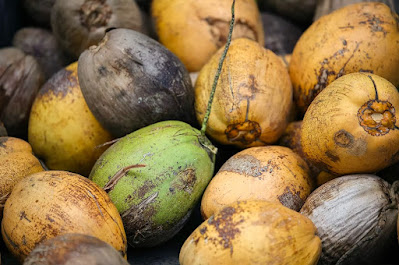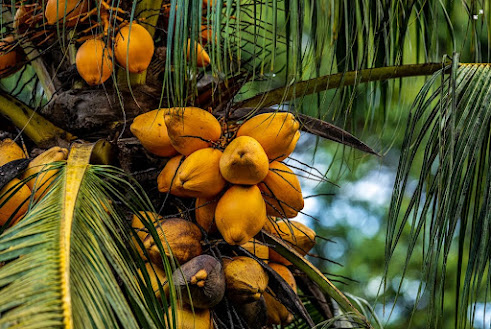Indonesia's Coconut Charcoal Briquettes: Why They're the Best
Coconut charcoal briquettes have been growing in popularity over the years, and Indonesia is recognized as the top producer and exporter of these products. With the country’s abundant coconut trees and skilled labor force, it’s no wonder why Indonesia is the go-to source for high-quality coconut charcoal briquettes.
Indonesia has an estimated 18.3 million hectares of coconut plantations, which accounts for 39% of the world's total coconut production. The country’s tropical climate is ideal for coconut trees, and its rich soil provides the perfect environment for coconuts to grow. With so many coconut plantations, it’s no surprise that Indonesia has the largest supply of coconut charcoal in the world.
But it’s not just the abundance of coconut trees that makes Indonesia the best country for coconut charcoal briquettes. The government also has a highly skilled labor force that is experienced in producing high-quality charcoal. The process of making coconut charcoal briquettes requires a high level of expertise, and Indonesian workers have been mastering this art for generations. They understand the importance of selecting only the best quality coconuts and using the proper techniques to create the perfect charcoal briquettes.
In addition to the country’s abundance of coconut trees and skilled labor force, Indonesia also has a competitive advantage when it comes to pricing. The cost of living in Indonesia is much lower compared to other countries, which translates to lower production costs. This allows Indonesian producers to offer high-quality charcoal briquettes at a more affordable price compared to other countries.
When it comes to environmental concerns, Indonesia is committed to the sustainable and responsible production of coconut charcoal briquettes. Many producers use waste products from coconut plantations, such as coconut shells and husks, to create charcoal briquettes. This not only helps reduce waste but also provides additional income for coconut farmers.
Furthermore, Indonesia has regulations in place to ensure that the production of coconut charcoal briquettes does not harm the environment. Producers must obtain permits and follow strict guidelines on waste disposal and carbon emissions.
In conclusion, Indonesia’s abundant coconut trees, skilled labor force, competitive pricing, and commitment to sustainable production make it the best country for coconut charcoal briquettes. With its high-quality products, Indonesia is sure to continue its dominance in the coconut charcoal briquette industry for years to come.



Comments
Post a Comment